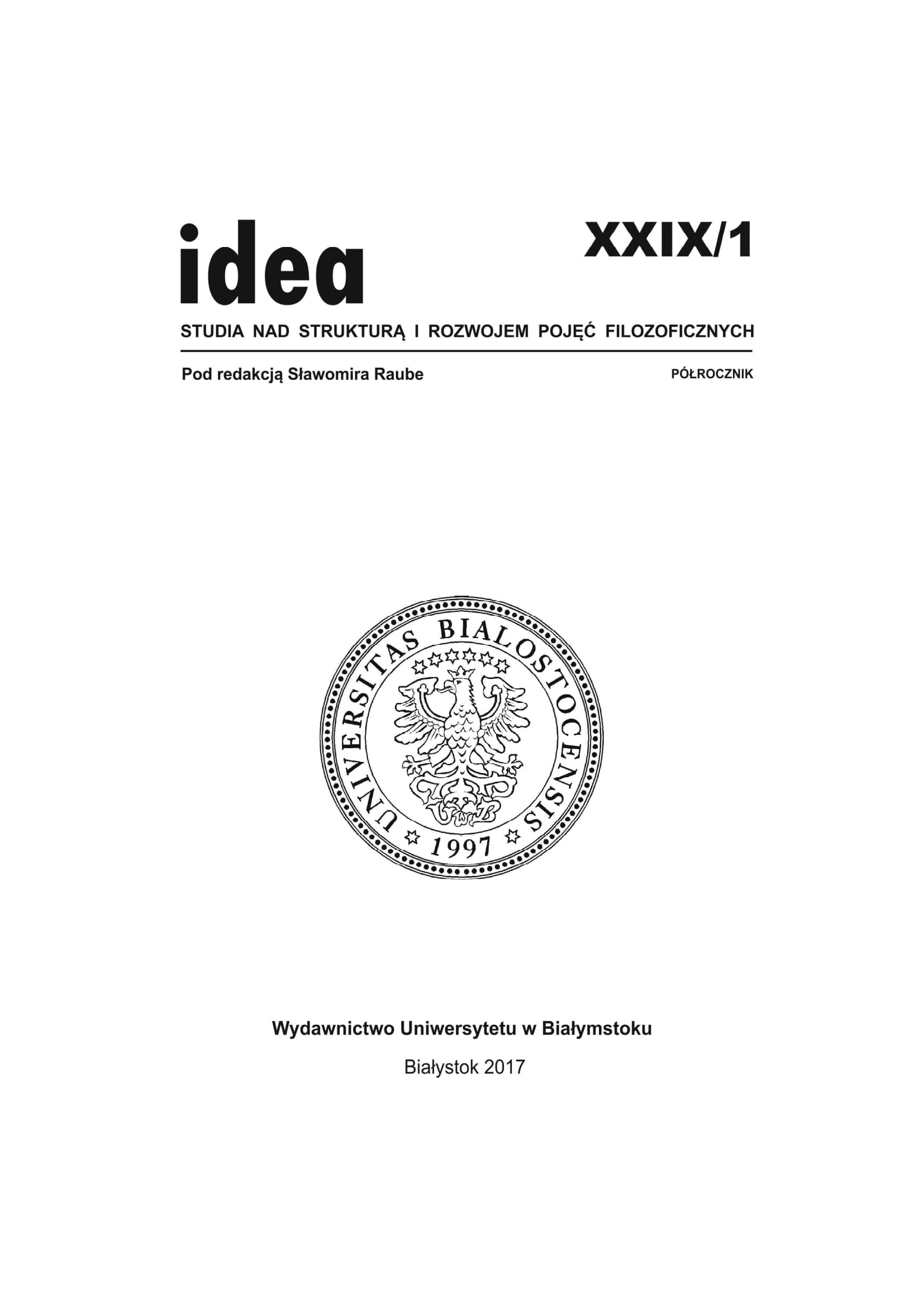Religia – wiara – teologia. Zarys myśli Józefa M. Bocheńskiego
Religion – Faith – Theology. Joseph M. Bochenski’s outline of thought
Author(s): Karol JasińskiSubject(s): Philosophy, Special Branches of Philosophy, Theology and Religion, Philosophy of Religion
Published by: Wydawnictwo Uniwersytetu w Białymstoku
Keywords: analytical philosophy; religion; faith; theology; knowledge
Summary/Abstract: The aim of this article was the reconstruction and critical analysis of the concept of religion, faith and theology that can be extracted from selected works of Bochenski, coming mainly from an analytical period of his activity. Religion is a complex phenomenon for Bochenski. There are the pre-analytical (relation to the Absolute, the virtue of justice, or the form of answers to existential questions) and the analytical concept of religion (system of statements, analyzed for logical correctness, meaning and communication capabilities). The reference point is Christianity as a religion based on the dogmatic and ethical statements. Faith is primarily an act of reason, recognizing sentence as true under the pressure of the will. The object of faith is the system of sentences revealed by God and given by a religious institution. There is no evidence in faith, but only the respective reason. The main challenge becomes the justification of the basic dogma on the road of reductive inference (hypothesis religious). Faith, religious experience and reasoning are a way to know God. He revised his concept of faith, which has two levels: the base (minimum and consistent set of basic statements with the literal sense) and the superstructure (symbolic representation of basic sentences). The task of theology is axiomatization of sentences, which are the subject of faith. Theology must be linked to the logic, because it is possible then to avoid the errors of reasoning and precise its practice. Theology is therefore a rationalization of faith, studying the sources of revelation, fixing set of revealed sentences, clarification and explanation of the truths of faith. Bochenski rejected the so-called negative theology and stressed a critical role of philosophy in theology. He also advocated the creation of a national theology.
Journal: Idea. Studia nad strukturą i rozwojem pojęć filozoficznych
- Issue Year: 1/2017
- Issue No: XXIX
- Page Range: 114-141
- Page Count: 28
- Language: Polish

